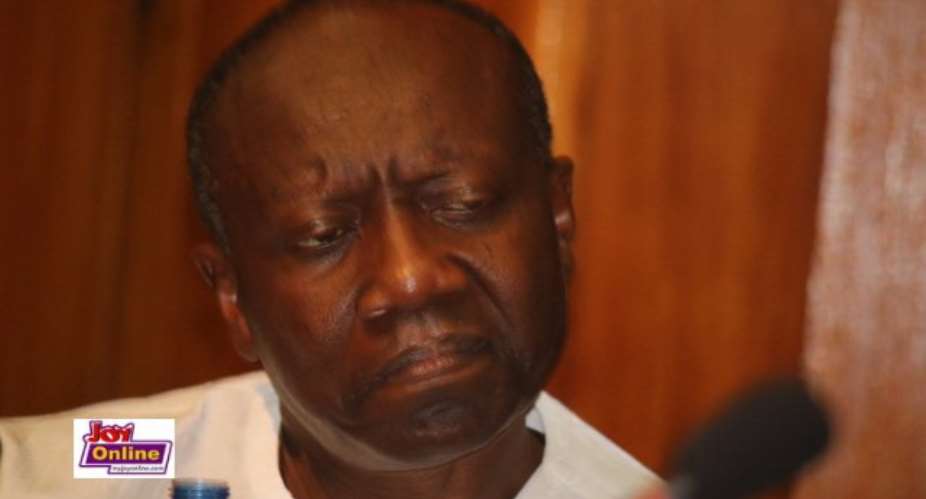Global financial analyst Fitch is predicting the Ghana government is likely to face risks from its $2 billion bauxite deal with the Chinese.
A report dated August 28, 2018, predicts a dire situation for the country if the value of bauxite takes a dip.
The report comes at a time when Parliament approved $500 million for phase one of the bauxite deal that will see roads constructed by Chinese firm Sinohydro as government pays back with bauxite.
The government says the deal is a barter arrangement which will not add to the country’s debt burden but the Minority disagrees.
The Minority wants the deal captured as a loan agreement and has written to demand clarification from the IMF. The IMF is yet to respond.
According to Fitch however, if the IMF were to capture the agreement as a loan, Ghana’s debt profile on the international market will be heavily affected.
“The value of refined bauxite is likely to fluctuate, which - assuming the agreement is based on a monetary value for the refined bauxite - will see the amount of bauxite handed over to repay the debt potentially rise considerably. This could see the industry handing over much of its produce to China which may produce a domestic political backlash from opposition parties or from worker's unions, affecting social stability.
“If the value of bauxite were to plunge and Ghana could not meet the terms of the agreement there is a risk that Sinohydro or the Chinese state may use the position to extract political concessions. The failure to repay debts to a Chinese firm - incurred over a construction project - saw China take over control of Sri Lankan port Hambanthota, and although we deem such a scenario unlikely in Ghana, it highlights a risk that debt to Chinese firms can lead to political concessions being extracted,” the report said.
The report stated further that “as we approach the 2020 election however, these factors may pose greater risks to policy continuity and to the government's ability to act without regard to external constraints.”





 People are celebrating their 80th birthday and Ghana owes GHS650 billion; who is...
People are celebrating their 80th birthday and Ghana owes GHS650 billion; who is...
 Beige-bank trial: Beige Bank disobeyed BoG — Prosecution
Beige-bank trial: Beige Bank disobeyed BoG — Prosecution
 NACOC staff arrested over cocaine smuggling
NACOC staff arrested over cocaine smuggling
 Controller and Accountant General resigns
Controller and Accountant General resigns
 Election 2024: Mute voices of politicians with 'sharp tongue' — Security Expert ...
Election 2024: Mute voices of politicians with 'sharp tongue' — Security Expert ...
 NDC opts out of Ejisu by-election
NDC opts out of Ejisu by-election
 Recommissioning of Ameri Power Plant an indication of clueless govt – NDC
Recommissioning of Ameri Power Plant an indication of clueless govt – NDC
 Love text message exposes pedophile
Love text message exposes pedophile
 Palm wine tapper kills wife over infidelity at Bogoso
Palm wine tapper kills wife over infidelity at Bogoso
 Dome Kwabenya: Mike Ocquaye washes woman panties for votes
Dome Kwabenya: Mike Ocquaye washes woman panties for votes
